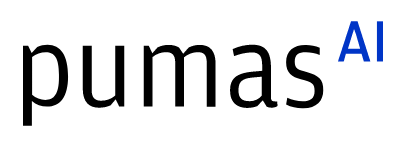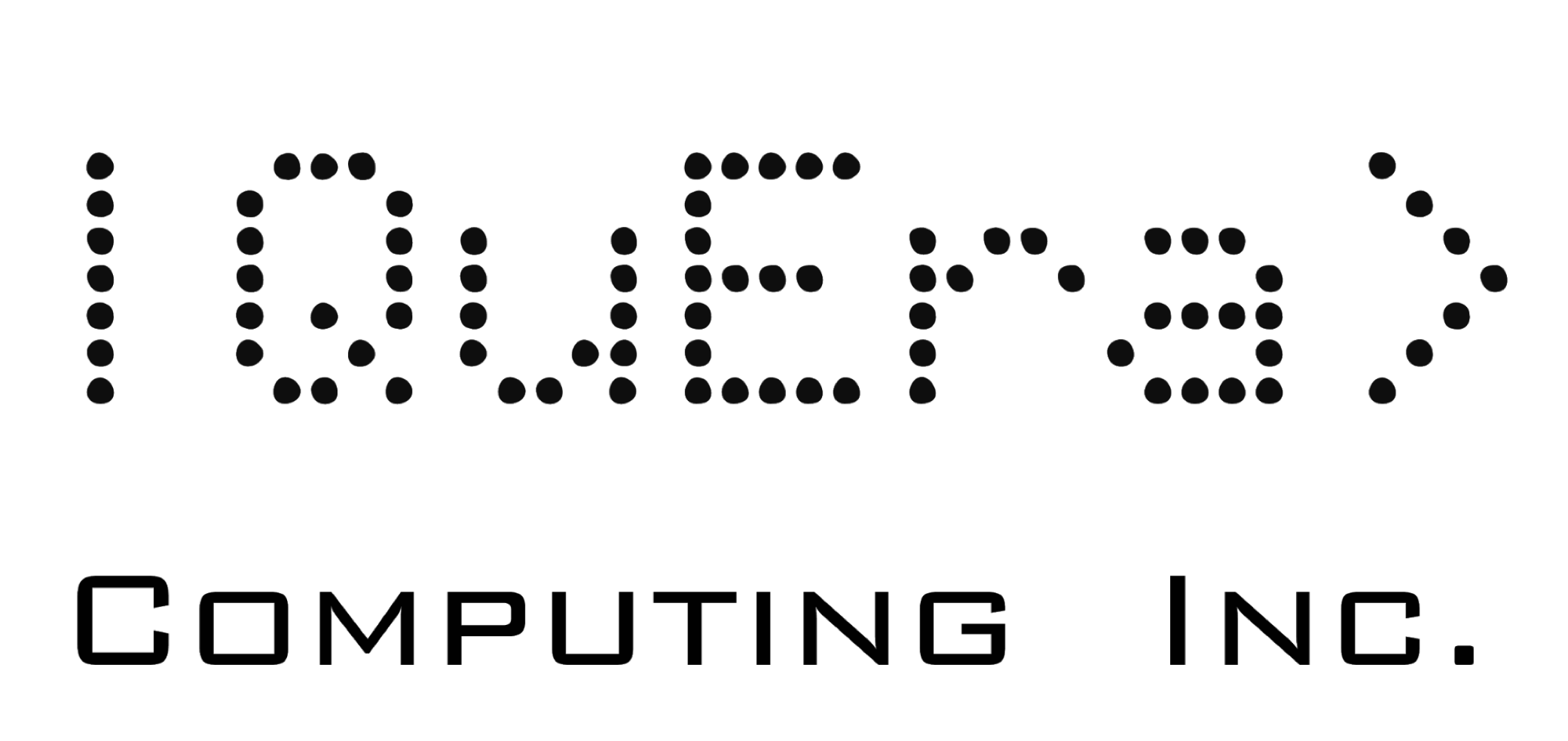PDDL.jl: A fast and flexible interface for automated planning
Abstract:
The Planning Domain Definition Language (PDDL) is a formal specification language for symbolic planning problems and domains that is widely used by the AI planning community. This talk presents PDDL.jl, a fast and flexible interface for planning over PDDL domains. It aims to be what PyTorch is to deep learning, or what PPLs are to Bayesian inference: A general high-performance platform for contemporary AI applications and research programs that leverage automated symbolic planning.
Description:
The Planning Domain Definition Language (PDDL) is a formal specification language for symbolic planning problems and domains that is widely used by the AI planning community. However, most implementations of PDDL are closely tied to particular planning systems and algorithms, and are not designed for interoperability or modular use within larger AI systems. This limitation makes it difficult to support extensions to PDDL without implementing a dedicated planner for that extension, inhibiting the generality, reach, and adoption of automated planning.
To address these limitations, we present PDDL.jl, an extensible parser, interpreter, and compiler interface for fast and flexible AI planning. PDDL.jl exposes the semantics of planning domains through a common interface for executing actions, querying state variables, and other basic operations used within AI planning applications. PDDL.jl also supports the extension of PDDL semantics (e.g. to stochastic and continuous domains), domain abstraction for generalized heuristic search (via abstract interpretation), and domain compilation for efficient planning, enabling speed and flexibility for PDDL and its many descendants.
Collectively, these features allow PDDL.jl to serve as a general high-performance platform for AI applications and research programs that leverage the integration of symbolic planning with other AI technologies, such as neuro-symbolic reinforcement learning, probabilistic programming, and Bayesian inverse planning for value learning and goal inference.
Platinum sponsors



Gold sponsors


Silver sponsors








Media partners



Community partners


Fiscal Sponsor
